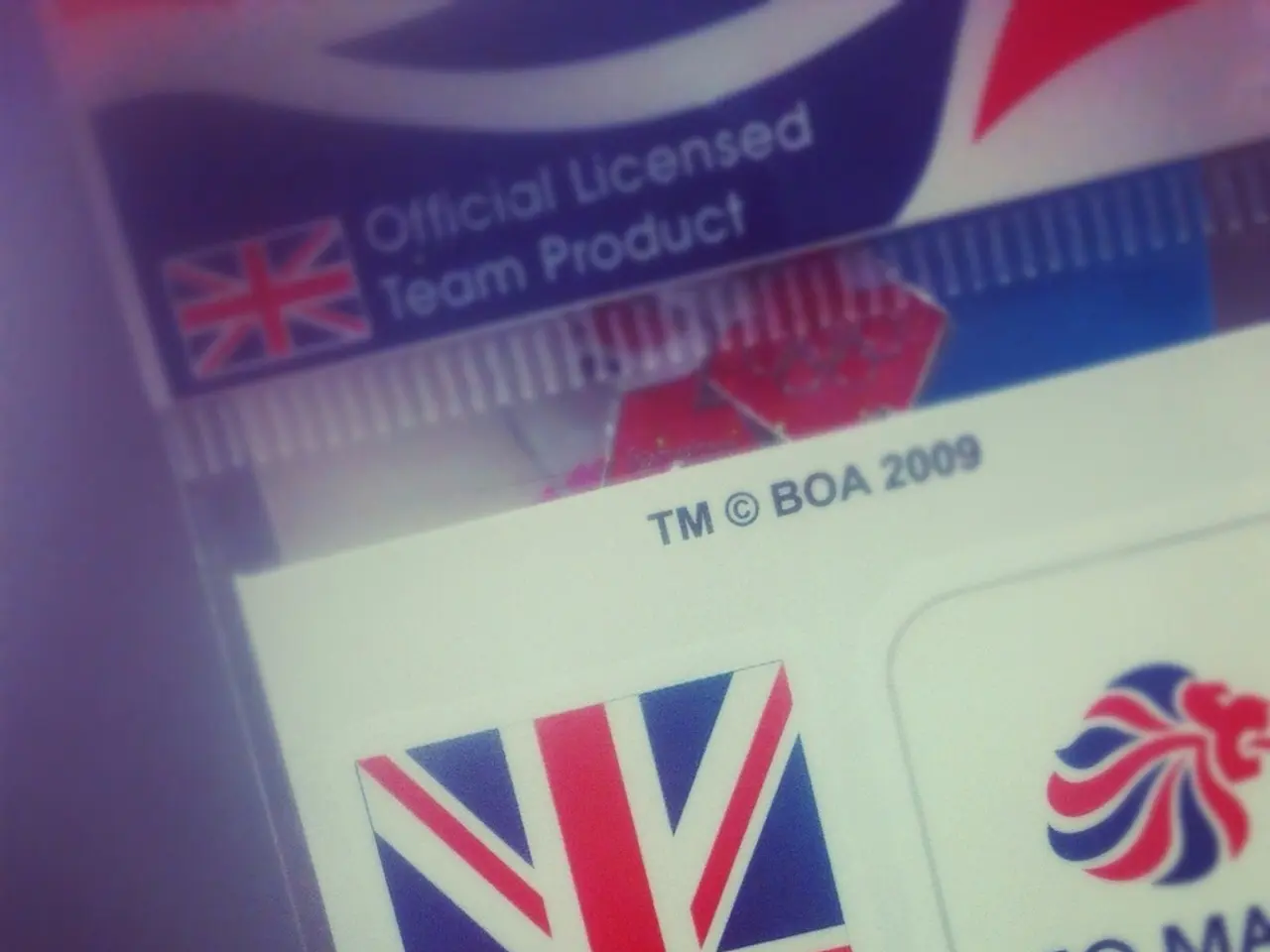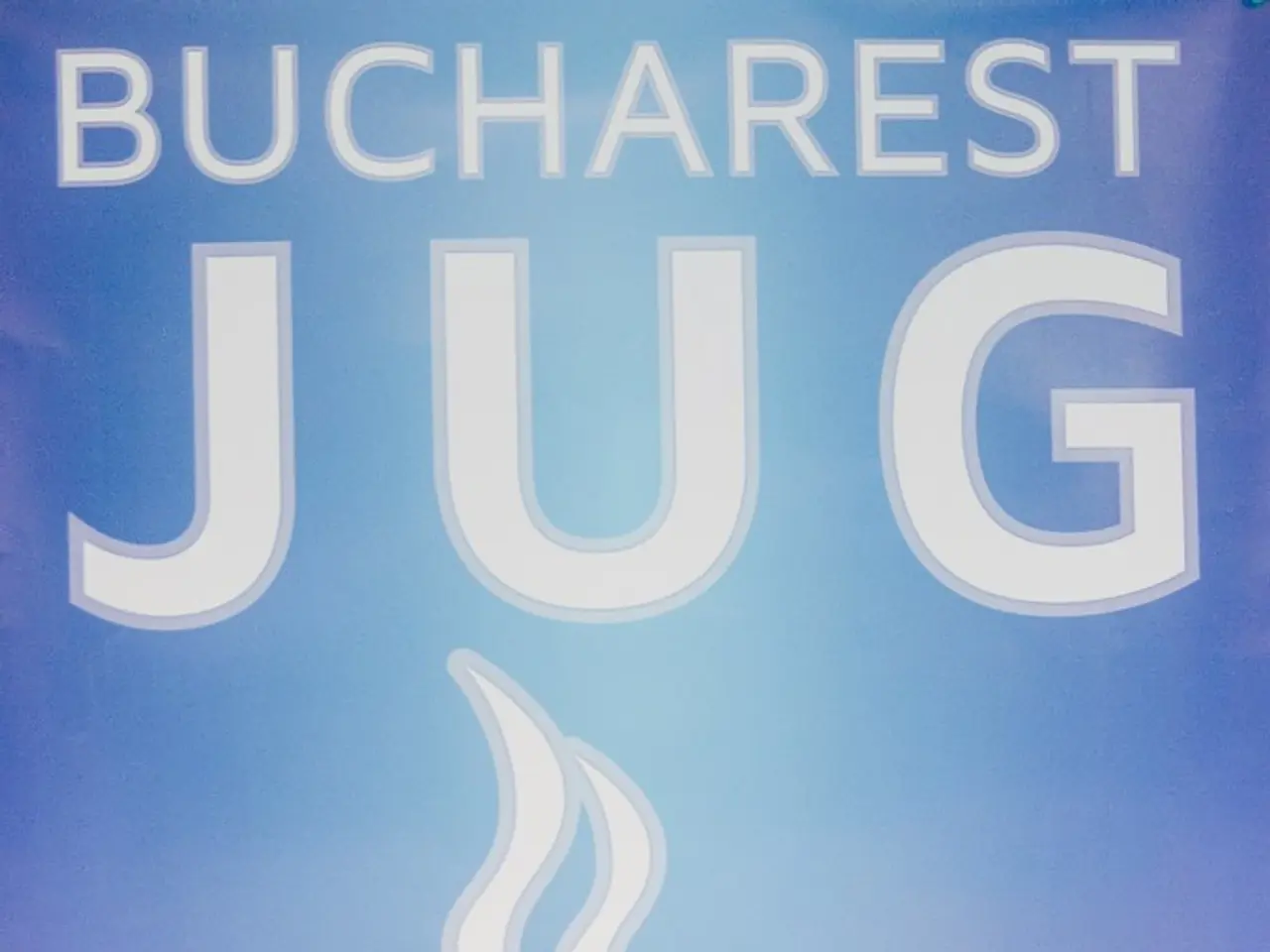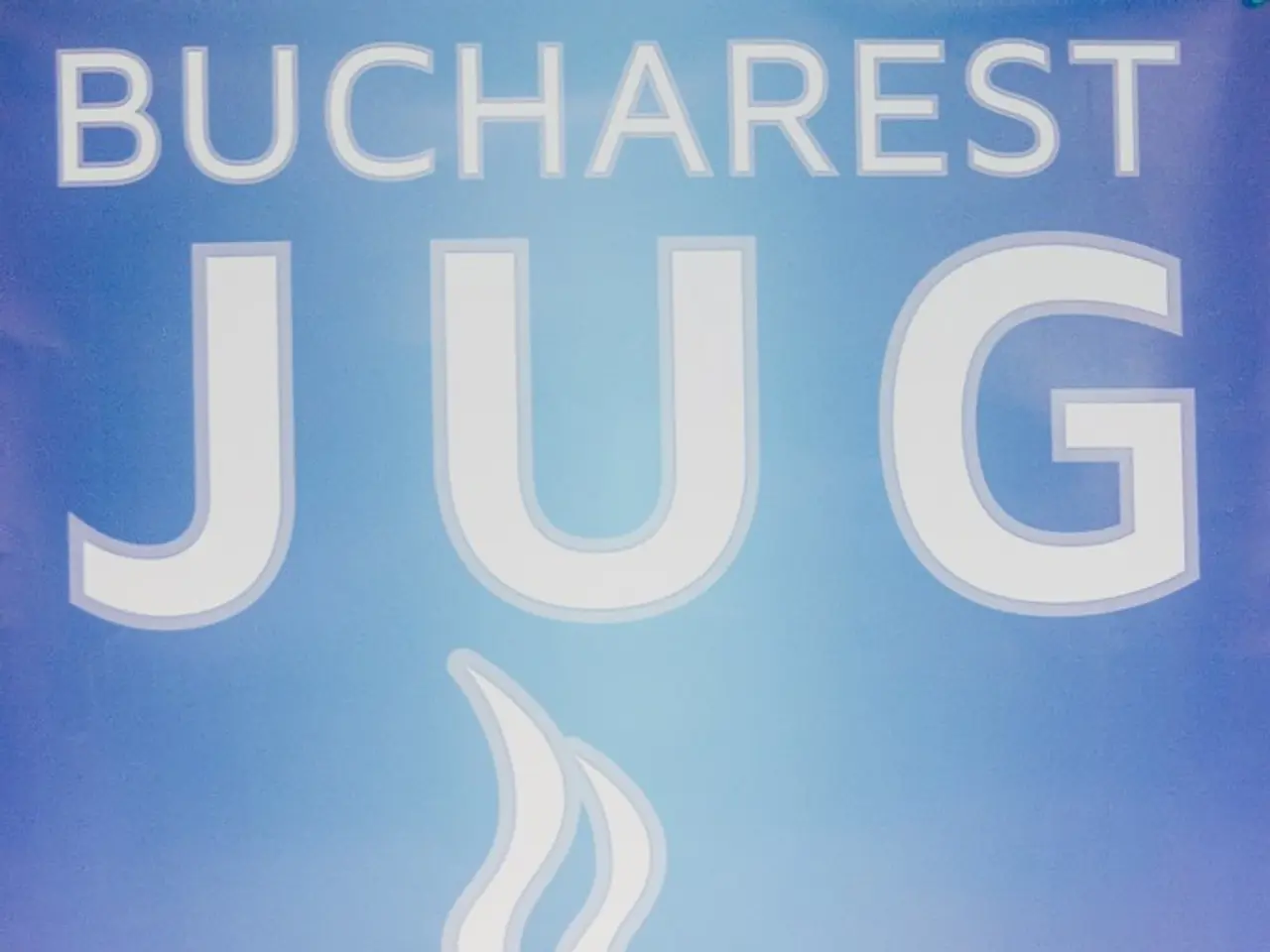GM affiliate reapplies for ILC charter authorization
GM Financial Resubmits Application for Industrial Loan Company Charter
GM Financial, a subsidiary of General Motors, has resumed its application for an Industrial Loan Company (ILC) charter with the Federal Deposit Insurance Corporation (FDIC) and the Utah Department of Financial Institutions. This comes after a temporary halt in the process, as the company reconsidered its application in light of changes in regulatory environment [1][3].
The FDIC's approach to ILCs has shifted under new leadership, moving away from the Biden administration’s proposal for increased scrutiny on companies seeking ILC charters. The FDIC has rescinded that proposal, indicating a less stringent regulatory posture towards ILC applications, including those from automakers like GM, Stellantis, and Nissan [4].
However, opposition from traditional banking groups remains strong. The Independent Community Bankers of America (ICBA) has publicly expressed concerns about ILCs owned by commercial companies, arguing that they pose systemic risks, create regulatory loopholes, and may fail to meet community needs. ICBA has urged the FDIC to reject Nissan’s ILC application and has similar concerns about other automaker applications [5].
GM Financial's ILC charter application was initially submitted in December 2020. If approved, the company aims to provide stable, cost-effective funding and offer expanded financing options to retail auto consumers [2]. The FDIC has issued a final rule requiring ILC parent companies to enter into a written agreement with the agency regarding capital and liquidity levels [6].
Travis Hill, the newly minted FDIC Acting Chair, has demonstrated a more open-minded approach to innovation, with a aim to "develop a more sophisticated understanding of the relative stability of different types of deposits and depositors" among his 15 priorities for the FDIC [7]. This shift in perspective may bode well for GM Financial's application.
Notably, Sen. John Kennedy introduced a bill in 2019 to close the "loophole" for ILCs, arguing that the designation exempts companies from the definition of a "bank" under the Bank Holding Company Act, bypassing Federal Reserve oversight [8]. However, this bill has not yet been enacted.
In the midst of this contested environment, it remains to be seen how the FDIC will decide on GM Financial's ILC application. The company's CEO, Dan Berce, has expressed optimism, stating in June that GM Financial looks forward to refiling with the FDIC and UDFI [9].
Sources:
- GM Financial resubmits application for industrial loan company charter
- GM Financial Bank would provide benefits, including responsible extension of credit
- GM Financial resumes ILC charter application
- FDIC shifts away from Biden administration’s tougher ILC scrutiny
- ICBA opposes ILC charters for commercial companies
- FDIC final rule on ILC parent company agreements
- Travis Hill's priorities for the FDIC
- Sen. John Kennedy introduces bill to close ILC loophole
- GM Financial looks forward to refiling with FDIC and UDFI
- In light of the recent shift in the Federal Deposit Insurance Corporation's (FDIC) approach towards Industrial Loan Companies (ILCs), GM Financial, seeking an ILC charter, stands a chance to provide stable, cost-effective funding and expanded financing options to retail auto consumers.
- Despite Travis Hill's more open-minded approach towards innovation, the FDIC's decision on GM Financial's ILC application remains uncertain due to ongoing opposition from traditional banking groups, who argue that ILCs owned by commercial companies pose systemic risks and create regulatory loopholes.




